Apple Australia managing director Tony King has agreed to speak with Australian Member of Parliament (MP) Ed Husic about technology prices that are significantly higher in Australia than the rest of the world.
Technology prices in general are much higher in Australia, even when accounting for exchange rates. The Australian Dollar is much stronger than it was two years ago, and now is trading higher than parity with the US Dollar. The new MacBook Air is 15% more expensive in Australia, and some software, like Adobe's CS5.5 Design Premium, is nearly 75% more expensive when accounting for currency exchange.
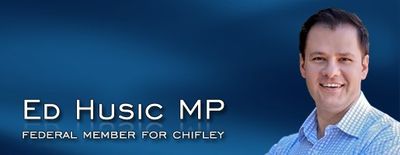
According to Australian newspaper The Age, King agreed in March to speak with Parliament by July 16. That date came and went without a meeting between the MP and Apple. Angered by this snub, Husic spoke strongly against Apple on the floor of Parliament:
Apple refused to respond and I am staggered by their behaviour: they've snubbed consumer, media and parliamentary interest in this matter.
He continued, saying that price discrimination occurs even when products are downloaded electronically -- such as from the Mac or iOS App Stores. Apple reduced app store pricing last month for a number of international countries to account for changes in exchange rates
Apple has gotten in touch with MP Husic and are reportedly trying to set up a meeting between him and Tony King. Husic said that if companies refuse to be transparent with their pricing, he would ask Australia's pricing watchdog, the ACCC, to "take up the case for long-suffering consumers and carry out a formal inquiry into why these prices differ so wildly."
However, Apple's Australian prices include a 10% Goods and Services tax. In the US, sales tax varies state-to-state and is calculated later in the process than Australia. As a result, the prices aren't as far apart, at least on hardware, as MP Husic claims. Additionally, exchange rates are constantly fluctuating and rapidly changing retail prices as currency rates change simply isn't feasible.
The problem is real, but it seems Husic may be singling out Apple because they are a big, successful company.



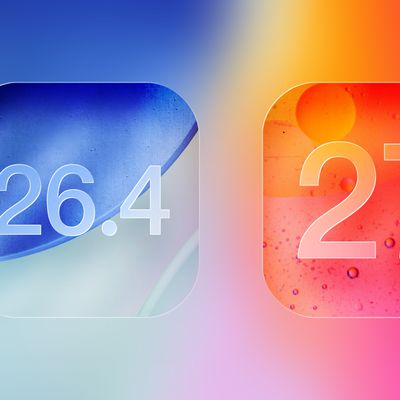


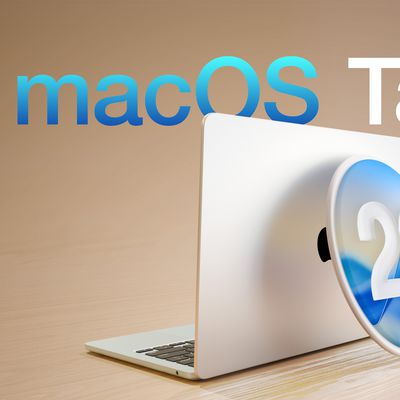
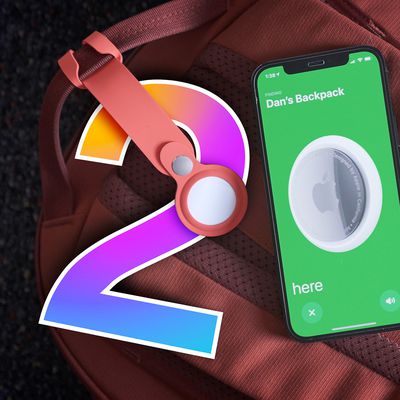
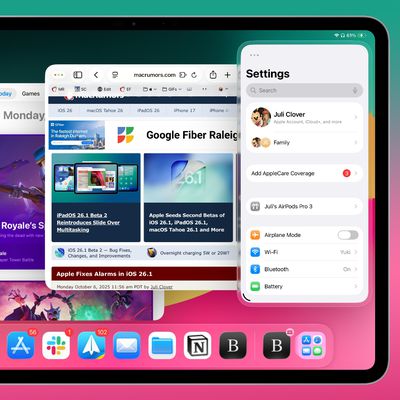

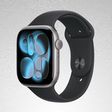








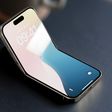




Top Rated Comments
The costs----------------------Album Pricing------------------Single Song Pricing
Australian iTunes Store:------US $23.92----------------------US $2.27 per song
USA iTunes Store:------------US $15.99----------------------US $1.29 per song
Amazon Music Store:---------US $12.99----------------------US $0.69 per song
For the same album in Australia you pay a mark up of almost 50%, for a single Australian's will pay an approximate 75% mark up. These figures are a lot greater than the 10% GST...
I haven't read bigger BS than this in quite some time.
One of my sisters friends got a camera that was $600AUD and in the US it was only $395USD. That's a big markup.
Something i would like to see is the ACCC step up and start looking into this.
Anther one is software that you download look at Toast 11 $179AUD in the US its $79.99USD that's a 50% market.
Currency moves quite quickly especially the Australian dollar, which is reported to be, one of the most traded currencies in the world.
As such trying to set a price on any one point in time is rather difficult.
Companies who import products into Australia will often use currency hedging. Now this adds cost. But Apple in the US would also probably use hedging for their products so its a wash.
This means that they can set a price at a specific time and hold that price for a number of months.
Not only do they get the benefit of a set price, the consumer also benefits by knowing that this is the price they will pay for the foreseeable future.
Those in Australia and other parts of the world appreciate the issues we have with petrol/gas pricing where the price varies daily.
Specifically Apple Australia tends to set its price when a new model is introduced. They prefer to keep this price the same over the time period until the next model is introduced. Now you may not agree with this strategy but it is a valid strategy, and who wants to buy when next week the price may go up or down. Also every other manufacturer does the same so to single out one in the middle of a product cycle is a little unfair.
Headline prices are not always the price that you pay. In Australia there are often 10% discounts offered on Mac products. Stores like Myer, Dick Smith and others do this often.
As well if you buy iTunes cards from local retailers, like target and Woolworths you will sometimes get discounts up to 33%.
Likewise in the US where we are comparing the prices to hardware can be discounted at greater than 10%. This tends to reflect the higher level of competition amongst retailers in the US.
We all know in Australia that retail competition is not as severe as in the US. But the purpose of this discussion we need to keep things simple by comparing local recommended prices rather than street prices.
Why? As we are comparing the strategies of the manufacturer versus strategies of the retailer. Retail strategies are affected by local cost structures as indicated above by other posters.
In Australia the rents and costs of retail are much higher than in the US, so to blame the manufacturer for this part of the costs is not real. So let us compare the costs of buying some Apple products in Australia from the Apple Store compared to the costs of buying the same product from the US Apple Store. Other manufacturers products like Samsung HP Cisco and more can be sourced cheaper in the US.
We also need to factor into the equation the local taxes being charged.
At the end I would also like to compare the costs of buying products via iTunes/App Store in the 2 countries.
As others have already indicated the Australian dollar has been fluctuating quite rapidly. A few weeks ago it dropped to less than parity from being 10% better value than the US dollar.
For the purpose of this argument I have taken the dollar at this point in time is being $1.04 to the US $1.
Mac mini US start price $599 plus tax (local and state)
Mac mini US start price $699 inc tax
In the US the tax rate varies according to where you buy. And yes this creates a little issue when comparing. Buy in Oregon, and there is no sales tax, buy in California and its around 9% plus.
You could say most Ozzies will visit California - as its the airline gateway, and the tourist preference for many.
But lets use the average for most of the US as being around 7%
This gives the price as being
599x7% = 641.
641/1.04 = 616
699-616 = 83
or 12% cheaper
And if we are being truly fair to Apple the Australian 10% tax vs 7% tax means they are "overcharging" by around 10%
I chose the Macmini base model as it's differential rate in % terms is greater, and also its a newer product and its under the $1000 limit for importing GST free.
Arguments like freight costs are hard to factor in. The products originate in China. But then I am sure Apple US gets a cheaper freight rate than Apple Oz, but have no idea what this impact is.
Now this also does not include the costs of currency acquisition. If using PayPal it's generally going to cost around 3 to 4% for currency conversion. Using my 28° MasterCard it's much less.
So the point being is 12% a rip-off of consumers. I guess that a personal view only an individual can consider.
In practical terms is this 12% saving obtainable should you wish to buy this overseas and shipped to Australia. Maybe if you are travelling to the US already it might be worth buying and saving 12%.
Personally I will be travelling to the US in the next few weeks and I have already rejected this idea on purely personal grounds. Why because I can purchase the Mac mini here GST free.
On the matter of iTunes purchases I have looked at buying iTunes cards in the US. The best discount I can find is around 10 to 15%. My latest purchase of iTunes cards here in Australia was $150 worth for $100 which is a significantly better discount. To me purchases from the iTunes Store are cheaper in Australia.
However buying books etc are far cheaper in the US. To blame Apple for this is incorrect. Local book publishers permit Apple to sell products based on a return that they dictate. The issue here was already decided by our federal government of which the MP discussed in the original post is part of, and local stores like Borders and Angus and Robertson been already affected.
I will still buy US iTunes cards purely to purchase books from the US store at a much cheaper rate, as well as Levi Jeans (50% plus saving)